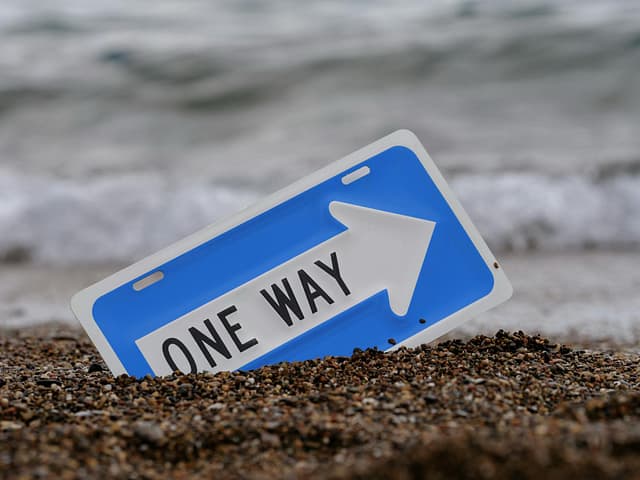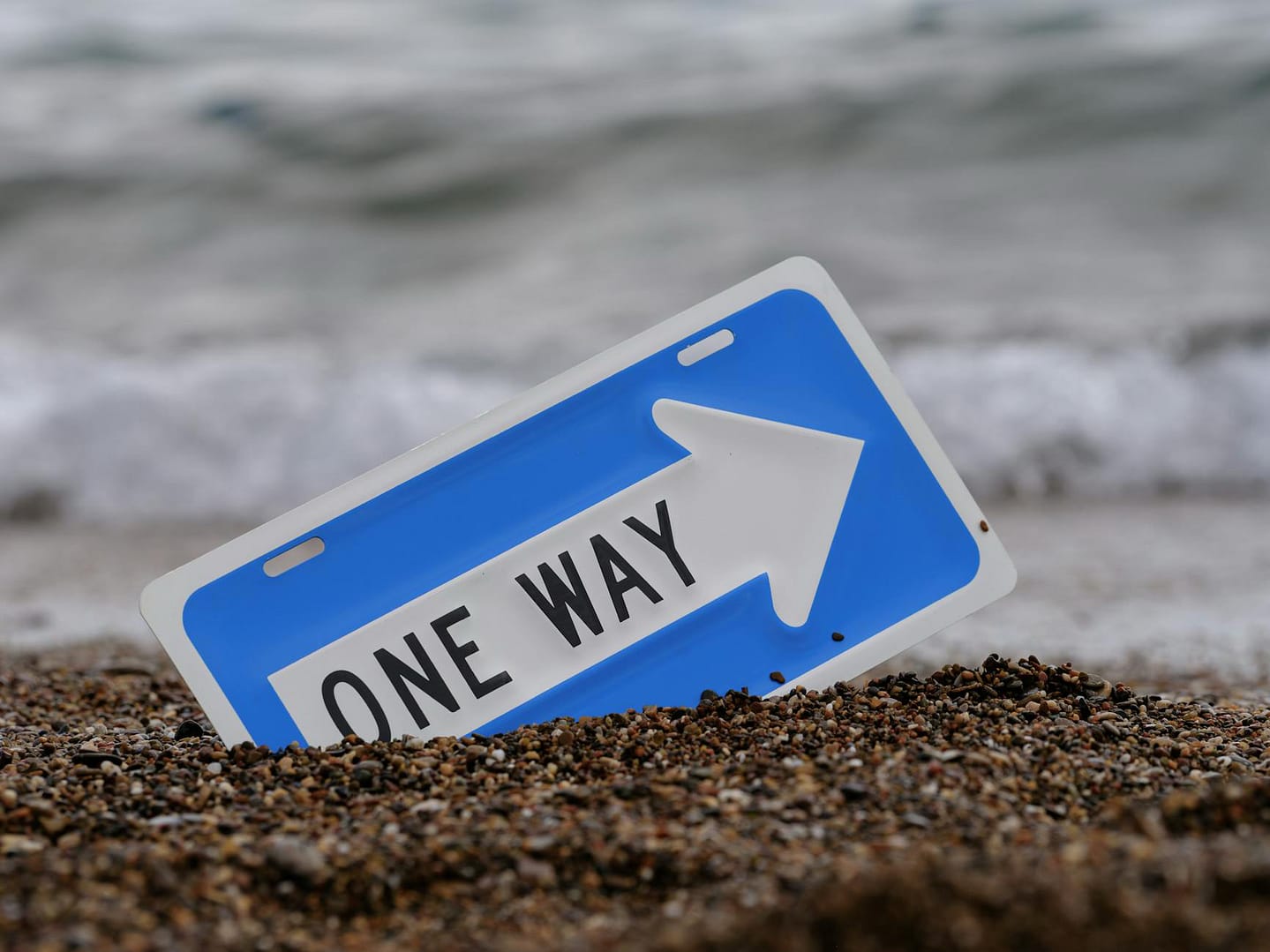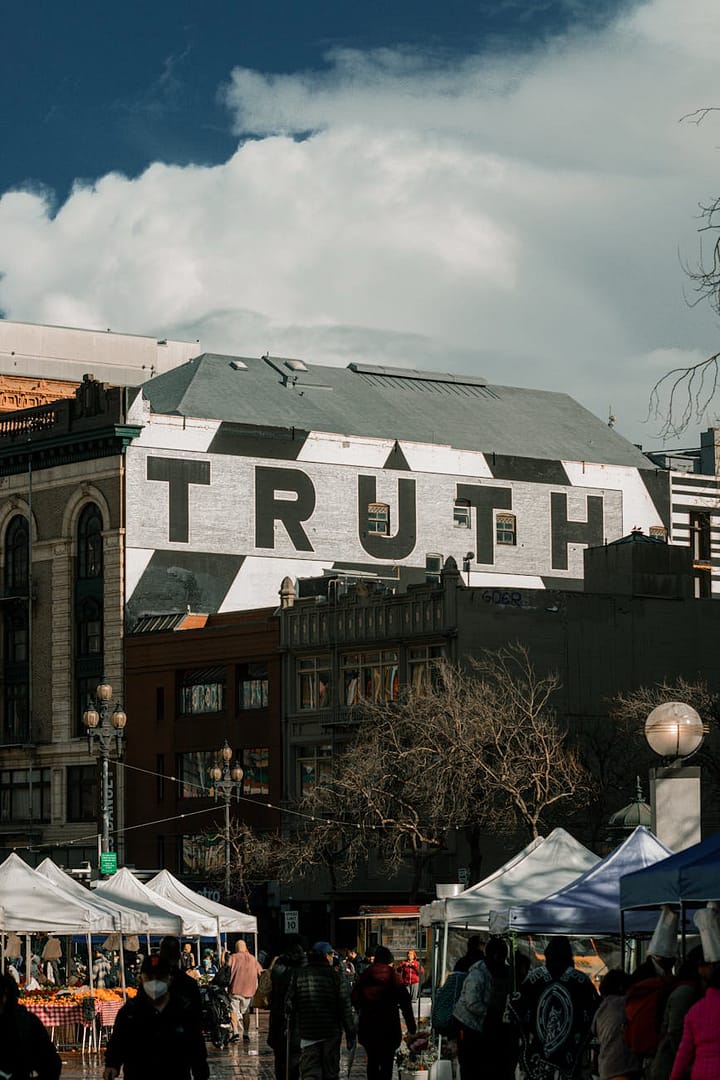“Get rid of all bitterness, rage and anger, brawling and slander, along with every form of malice. Be kind and compassionate to one another, forgiving each other, just as in Christ God forgave you.” – (Ephesians 4:31-32, NIV)
In a world where pain and betrayal seem unavoidable, we often find ourselves carrying heavy emotional baggage. Who hasn’t felt the weight of bitterness or the urge to return hurt for hurt? These emotions, while natural, can become chains that bind us to our past and prevent us from experiencing true freedom.
The Weight of Unforgiveness
We live in challenging times where hurt and disappointment lurk around every corner. Whether it’s a broken relationship, workplace betrayal, or family conflicts, these experiences can leave deep emotional scars. The natural response is often to hold onto anger and resentment, believing these emotions somehow protect us from future pain.
But here’s the truth: every time we cling to an offense, we’re actually adding another link to the chain that binds us. The very emotions we think protect us end up becoming our prison.
The Path to Freedom
Breaking free requires more than just saying “I forgive.” It’s a journey that involves:
- Acknowledging the pain
- Choosing to let go
- Embracing compassion
- Taking active steps toward healing
The journey isn’t about justifying the wrongs done to us. Rather, it’s about releasing our hearts from the burden they carry and allowing healing to begin. It’s about breaking the cycles of hurt and choosing a different path.
Practical Steps for Breaking Free
1. Identify Your Chains
Take time to reflect on what’s holding you back. What past hurts are you still carrying? Which relationships need healing? Journal about these feelings and be honest with yourself about their impact on your life.
2. Practice Empathy
While this might seem counterintuitive, try to understand the other person’s perspective. This doesn’t justify their actions but can help release you from the grip of resentment.
3. Seek Support
Don’t walk this journey alone. Find a trusted friend, counselor, or support group where you can share your struggles and receive encouragement.
4. Take Small Steps
Start with manageable actions:
- Write a letter (even if you never send it)
- Practice self-compassion
- Choose to respond with kindness in current situations
- Set healthy boundaries while working on forgiveness
5. Focus on Growth
Use this experience as an opportunity for personal development. Ask yourself:
- What can I learn from this?
- How can this make me stronger?
- What wisdom can I share with others facing similar struggles?
The Freedom That Follows
When we finally release these emotional chains, we often discover that the freedom we gain is more valuable than the temporary satisfaction of holding onto hurt. This release:
- Improves mental and emotional well-being
- Opens the door to healthier relationships
- Increases capacity for joy and peace
- Creates space for personal growth
- Breaks negative cycles that might affect future generations
Moving Forward
Remember that healing is a process, not an event. Some days will be easier than others, and that’s okay. The goal isn’t perfection but progress. Each step forward, no matter how small, is a victory worth celebrating.
As you embark on this journey of breaking free, be patient with yourself. True freedom comes not from forgetting the past, but from choosing to live unburdened by it. Your future self will thank you for the chains you choose to break today.
What emotional chains are you ready to break free from? The journey of a thousand miles begins with a single step, and today might be your day to start.




